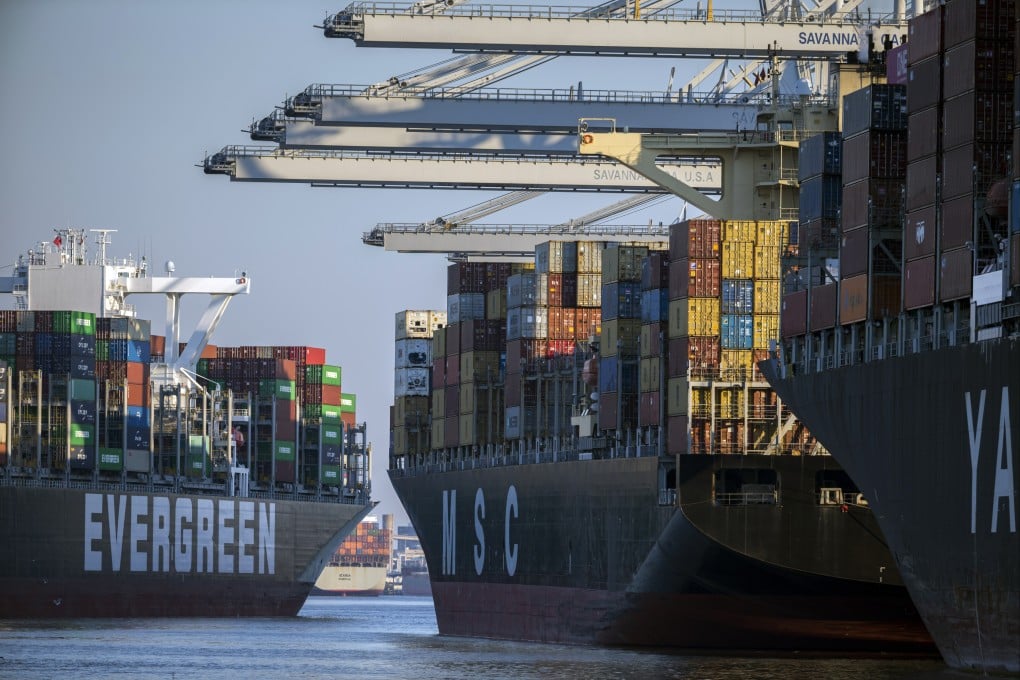Advertisement
Macroscope | Amid US-China decoupling rhetoric and diversifying supply chains, reducing risk is a top priority for business
- Businesses are diversifying into previously overlooked parts of the world, but those unchartered waters require heightened risk management
- Firms of all sizes, as well as states, want an effective avenue of recourse and thus turn to international arbitration to resolve conflicts
Reading Time:3 minutes
Why you can trust SCMP

US President Joe Biden’s meeting with Indian Prime Minister Narendra Modi last week came amid global headlines about the “turbocharging” of US-India relations. Is this a strong signal of US-China decoupling? Many think so. Or is it just a sign of the US diversifying interests?
Although the rhetoric of decoupling between the United States and China has intensified, trade flows hit an all-time record of US$690.6 billion in 2022. The two nations are connected by larger trade flows than any other pair of countries without a common border.
But, both have significantly reduced the share of imports coming from each other, according to DHL’s Global Connectedness Index. In 2022, the share of imported Chinese goods as a percentage of total US imports fell to 16.6 per cent, down from 21.6 per cent in 2017. The value of US goods exported to China in 2022 as a percentage of total US exports fell to 7.3 per cent, down from 8.4 per cent in 2017.
Advertisement
Although the risks to globalisation are real, the more likely scenario is one involving changing relationships as some of the biggest economies look for additional partners or investments. This means some companies will pull out of China altogether or will diversify and set up production in other countries, such as India, Mexico, Turkey and Vietnam. China will look to strengthen its trading position, particularly in Southeast Asia, with greater regional integration.
The impact of changing tariffs can be unpredictable, affecting industries beyond those specifically targeted. Chad Bown, a trade expert at the Peterson Institute for International Economics in Washington, recently showed how some US imports such as semiconductors, IT hardware and some consumer electronics are being decoupled from China while others without any Trump-era tariffs have reached new highs.
Advertisement
In this shifting landscape, companies need to mitigate risk. They need mechanisms in place to look after their supply chains, protect their investments and ensure they can continue to operate even in challenging circumstances.
Advertisement
Select Voice
Choose your listening speed
Get through articles 2x faster
1.25x
250 WPM
Slow
Average
Fast
1.25x
